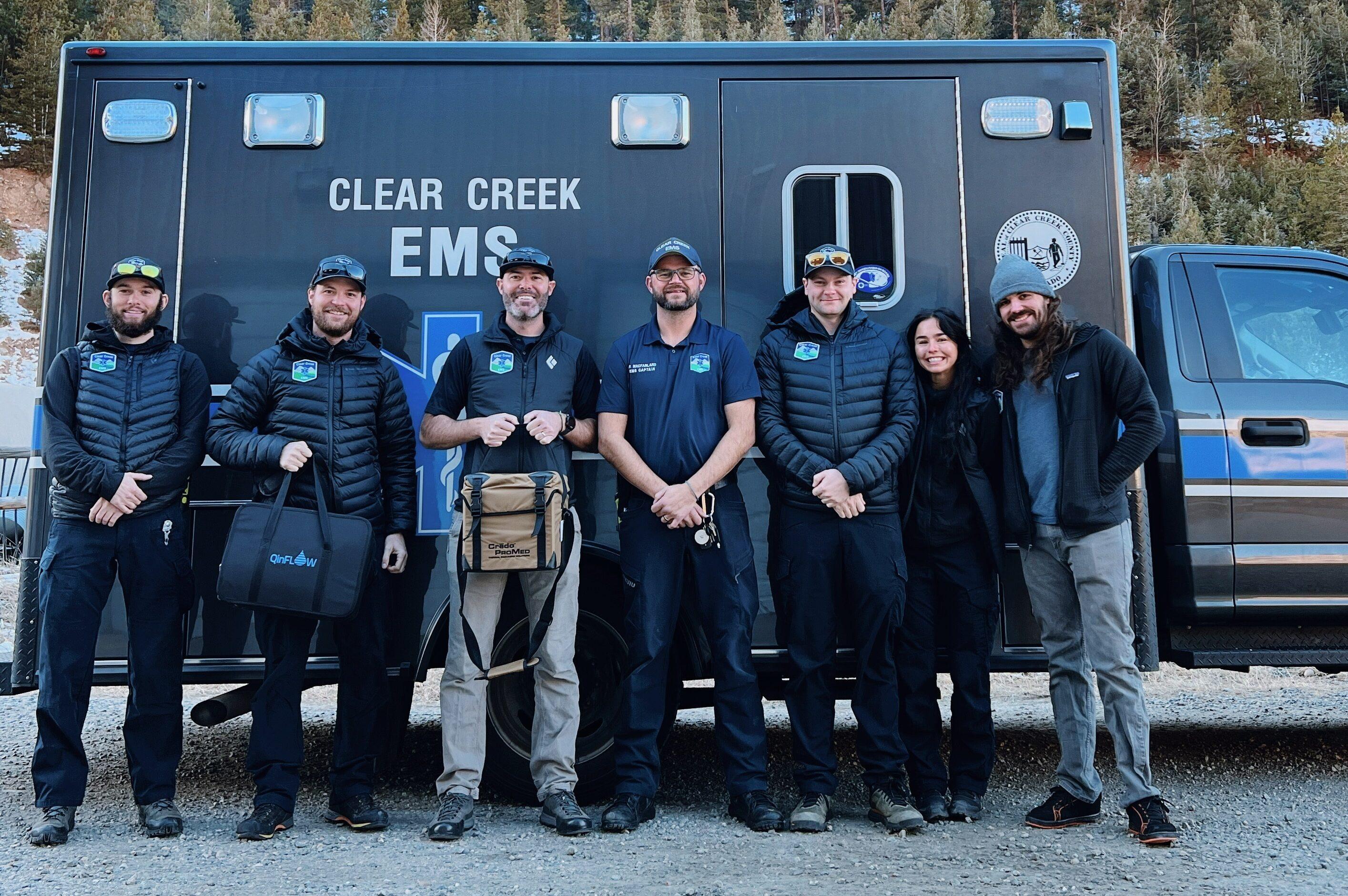
Wall Street Journal reporter Jack Nicas recently joined Colorado Matters to talk about changes at Denver-based Frontier Airlines. The carrier has gone from serving passengers warm chocolate chip cookies, to charging extra for a carry-on. It's also gone from almost-bankrupt, to being profitable. Nicas told us, "Frontier likely wasn't going to last many more years in it's old incarnation,"
Several listeners said they won't fly Frontier anymore. Robert Schmid of Denver was one of them. He writes, "They took a loyal passenger who spent more than $8,000 a year, without hesitation, and turned that into $0."
Deborah Peter, of Littleton, asked on Facebook, "Why is it that Southwest Airlines can maintain good and friendly customer service, fast turn around times, etc. AND be successful?" She added, "I'm willing to pay a few extra bucks for friendly service. I'm very loyal... until I'm not, and I'm making a conscious choice not to fly Frontier."
On the other hand, Justin Van Houten, of Lafayette, says "While I miss the old Frontier, I can appreciate what they are doing. They are still friendly, it's just that they charge you for the option you use. It's like flying Spirit, but with nicer planes."
We also covered the campaign to change the name of the Denver's Stapleton neighborhood by Black Lives Matter 5280. Stapleton carries the name of a former mayor and Ku Klux Klan member. Jerry Durnin of Pine says, "Let's change Stapleton's name, and while we are at it Governor Evans personally signed the death warrant to kill 200 native women, children and old men at Sand Creek. We do not need a mass murderer's name on our mountains and towns!"
Finally, to our story this week about the psychedelic drug -- Ecstasy, which could help people with PTSD. An FDA-approved clinical trial of the drug -- in Boulder -- shows promise. We spoke to a psychotherapist, who is helping lead the study, and to a participant who suffered years of abuse as a child.
Psychologist David Wahl said -- among other things -- he was disturbed that we didn't touch enough on the harm that can come from psychedelic drugs. He says, "I'm not dissing on the use of Ecstasy or other hallucinogenics for treatment of PTSD or other traumatic circumstances, but one has to be very sensitive as to misleading around risks, dangers, and the competency of the products you're informing us about."
We got back in touch with the psychotherapist we interviewed, Saj Razvi. He says that Wahl's concern is the most common one he hears from other professionals about the drug, which is also known as MDMA. Razvi adds, "so far we've given over 900 clinical doses of MDMA with follow up tracking to assess what the longer term results are, and for other issues such as addiction. We've had zero addiction issues reported and only one serious adverse event reported."









